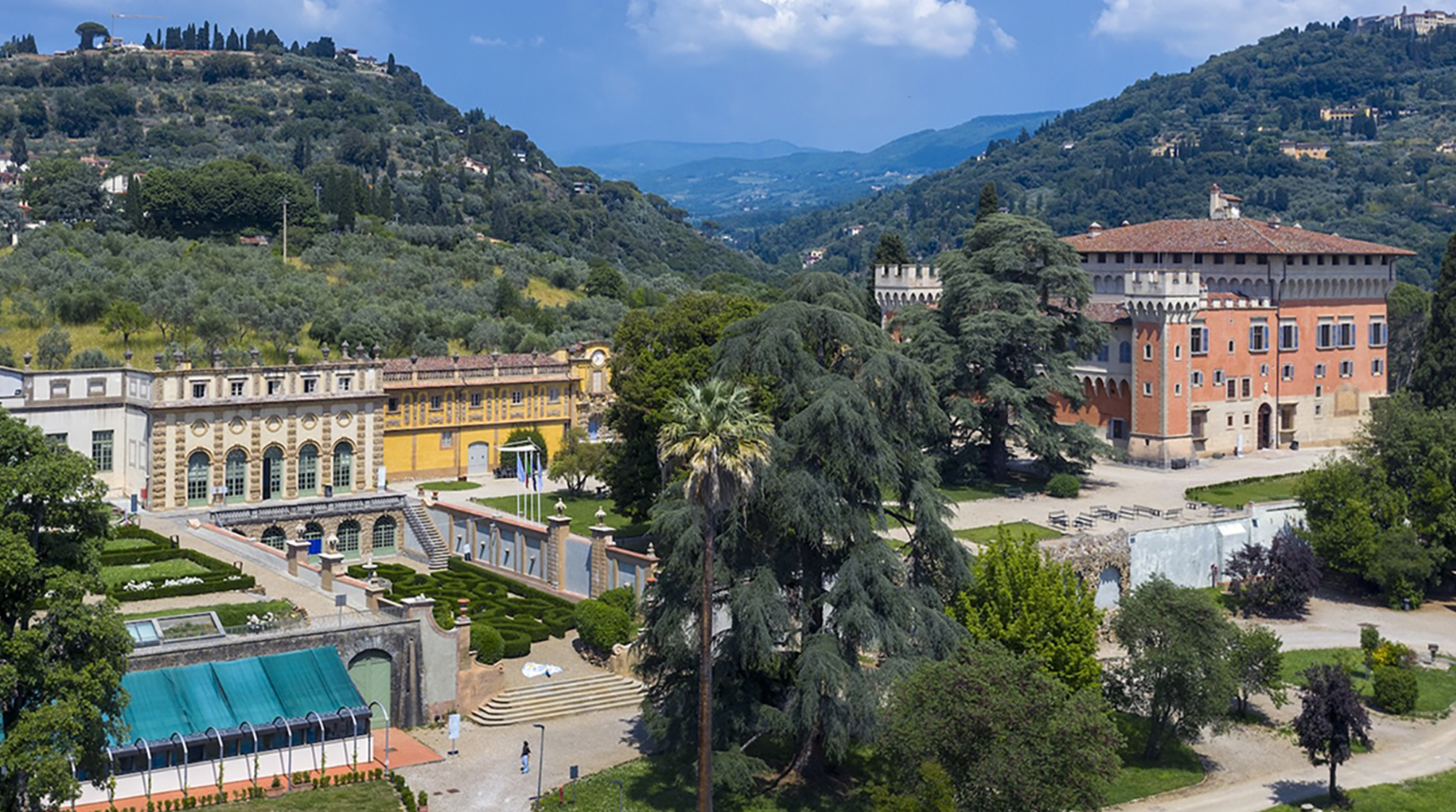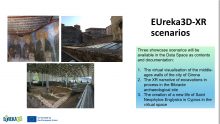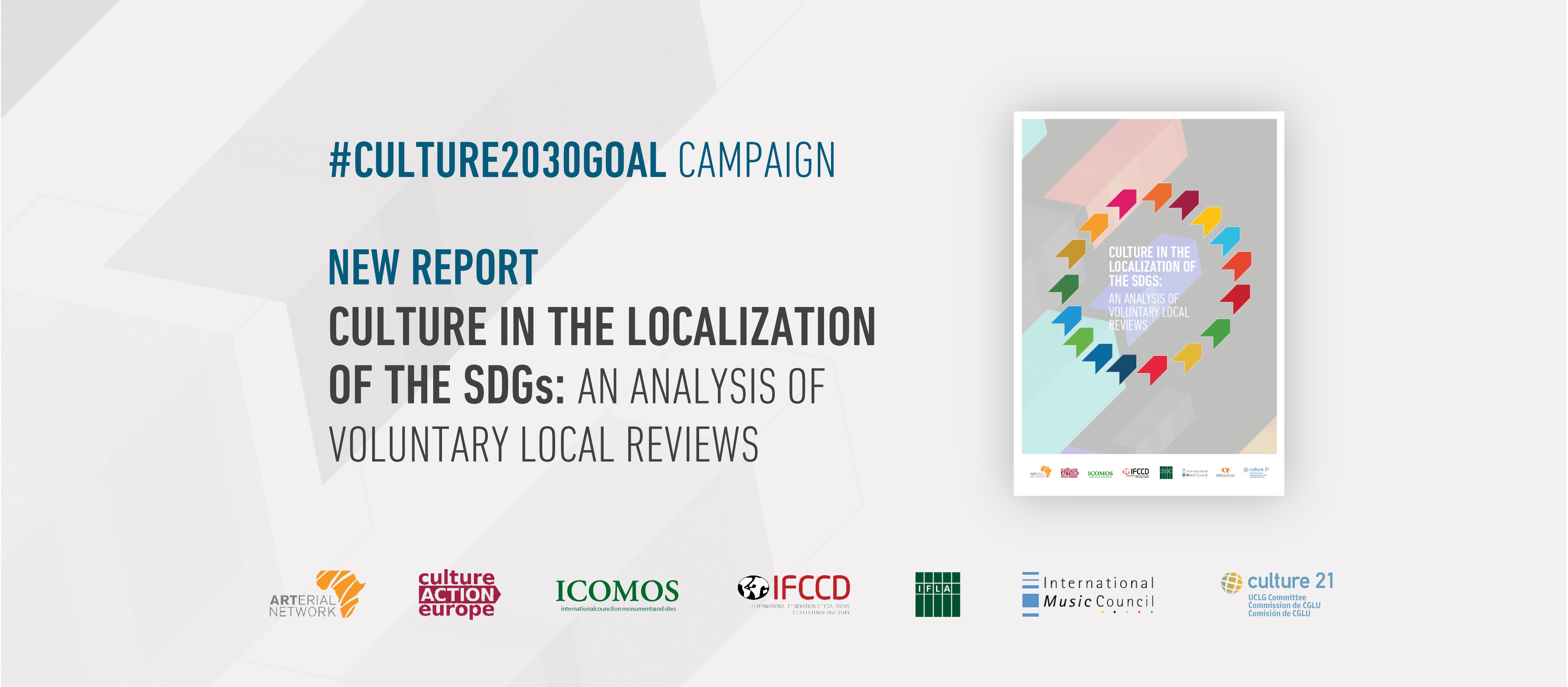 The campaign #culture2030goal, formed by global cultural networks united to advocate for the role of culture in sustainable developmen, in April 2020 started the elaboration of a strategic framework within the context of the UN Decade of Action. Its main goals include:
The campaign #culture2030goal, formed by global cultural networks united to advocate for the role of culture in sustainable developmen, in April 2020 started the elaboration of a strategic framework within the context of the UN Decade of Action. Its main goals include:
- a stronger place for culture throughout the implementation of the current global development agenda (the UN 2030 Agenda)
- the adoption of culture as a distinct goal in the post-2030 development agenda
- the adoption of a global agenda for culture.
The campaign, after the 2019 report “Culture in the Implementation of the 2030 Agenda”, has recently issued the new report on ‘Culture in the Localization of the Sustainable Development Goals (SDGs) : An Analysis of the Voluntary Local Reviews (VLRs)’.
The first report assessed the progress on the SDGs and United Nations 2030 Agenda, through analysis of VLRs submitted by member states, discussing the policy developments and the global conversation about culture in development.
This second elaboration highlights the great diversity of how local and regional governments (LRGs) address culture in their sustainable development policies and reporting. Culture is included at various levels of policy and action presented in the majority, but not all, VLRs: the mainstreaming of culture in sustainable development in many of these is partial, instead, ideally, it should feature in VLRs as a main policy driver, recognized at a higher level of planning and policy. On the other hand there are a great number of replicable good practices in the existing VLRs and these should be promoted and adopted within the community of practice of local SDG implementation.
The full version of the document is available at https://cultureactioneurope.org/files/2022/01/af_culture2030goal_2021.pdf
Further information on the campaign:
#culture2030goal is conducted by a core group of major networks working on cultural issues which contribute time and expertise in support of Campaign Goals and activities, working to engage their own networks in support of Campaign Goals. The current members are: Arterial Network, Culture Action Europe, International Council on Monuments and Sites , International Federation of Coalitions for Cultural Diversity , International Federation of Library Associations and Institutions , International Music Council , Culture Committee – Agenda 21 for Culture.
Learn more on the campaign on culture Action Europe website at http://culture2030goal.net/





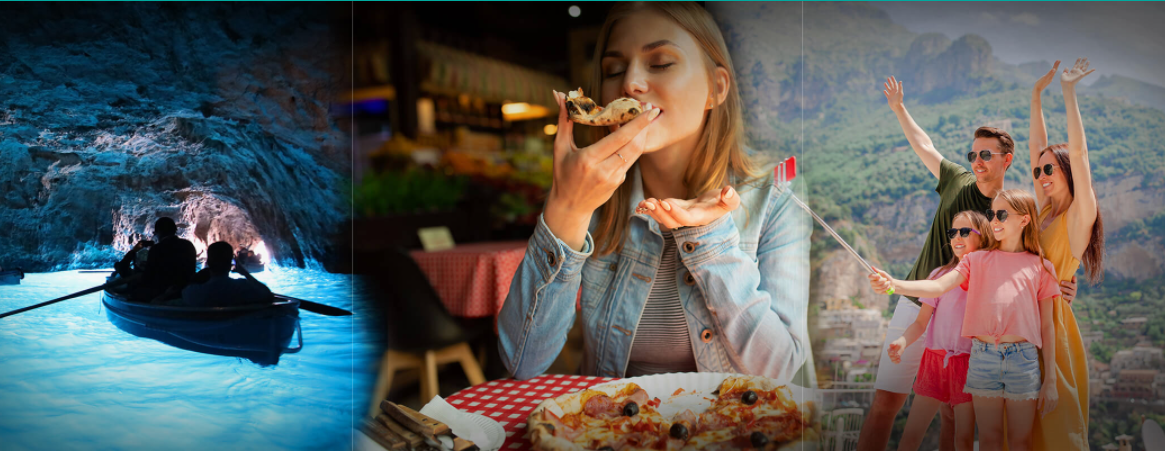
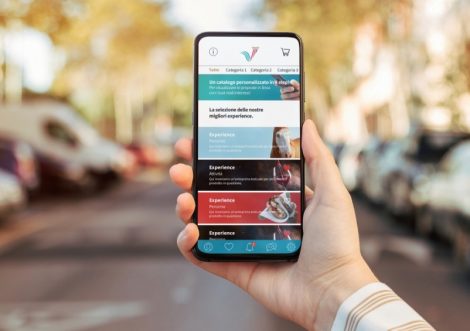

 The campaign #culture2030goal, formed by global cultural networks united to advocate for the role of culture in sustainable developmen, in April 2020 started the elaboration of a strategic framework within the context of the UN Decade of Action. Its main goals include:
The campaign #culture2030goal, formed by global cultural networks united to advocate for the role of culture in sustainable developmen, in April 2020 started the elaboration of a strategic framework within the context of the UN Decade of Action. Its main goals include: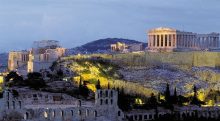
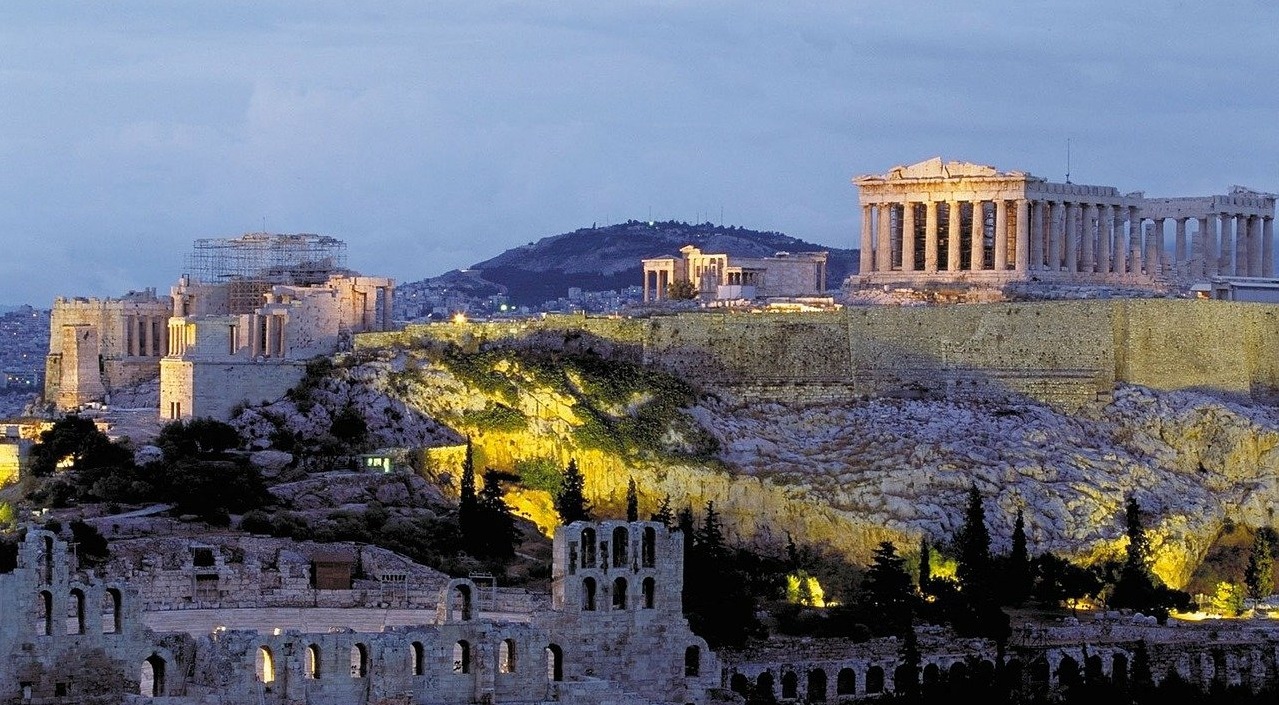

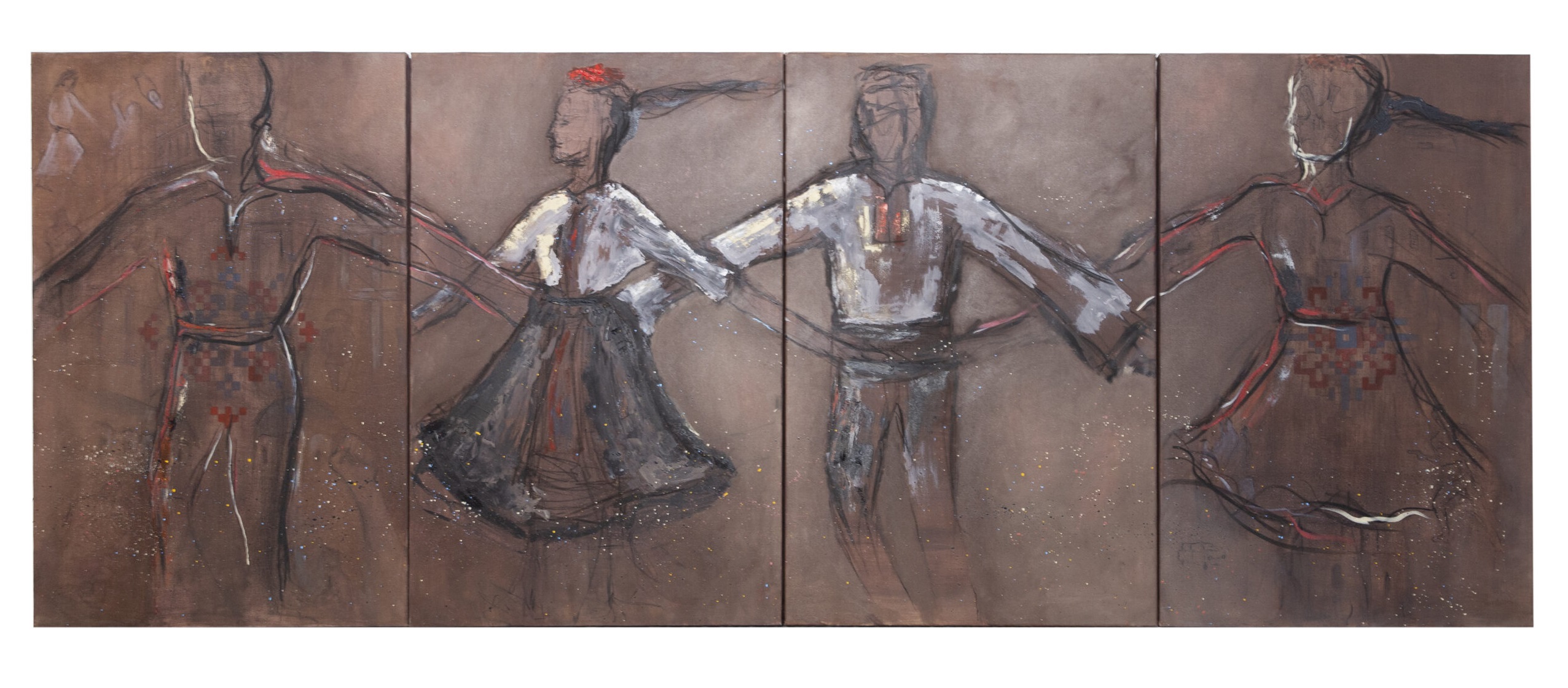

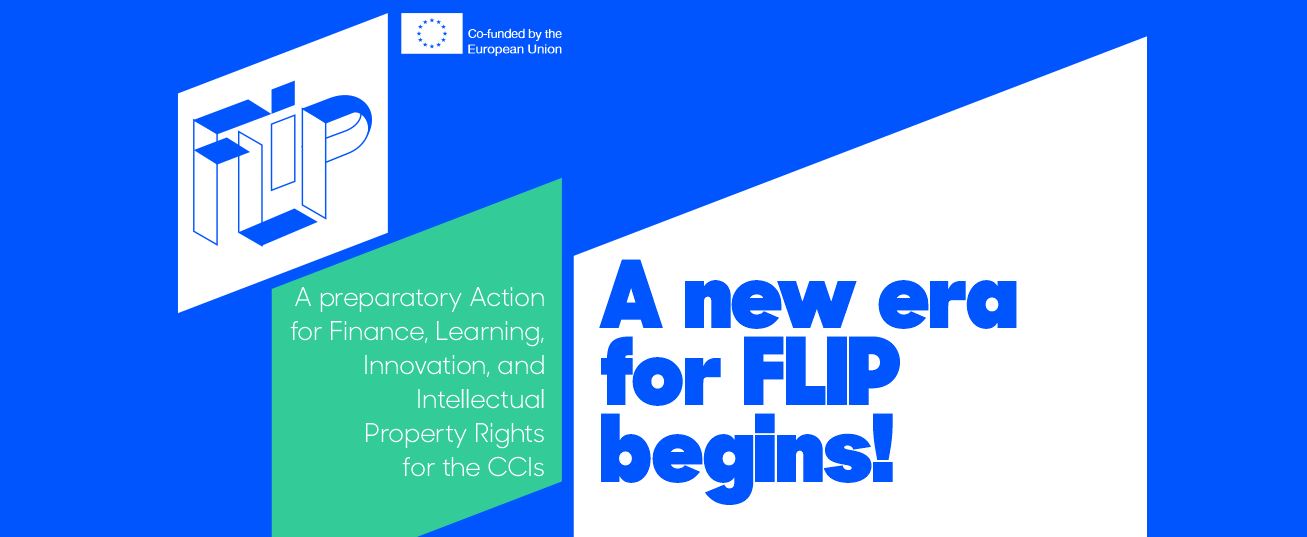 From the achievements reached by Pilot project Creative FLIP (2019-2021), co-funded by the EU, “FLIP – Finance, Learning, Innovation and Intellectual Property Rights for CCS” was arose; this new phase of Creative FLIP will be running from 2021-2023 with the goal of building a stronger resilience of the cultural and creative sector, by further strengthening their overall ecosystem.
From the achievements reached by Pilot project Creative FLIP (2019-2021), co-funded by the EU, “FLIP – Finance, Learning, Innovation and Intellectual Property Rights for CCS” was arose; this new phase of Creative FLIP will be running from 2021-2023 with the goal of building a stronger resilience of the cultural and creative sector, by further strengthening their overall ecosystem.
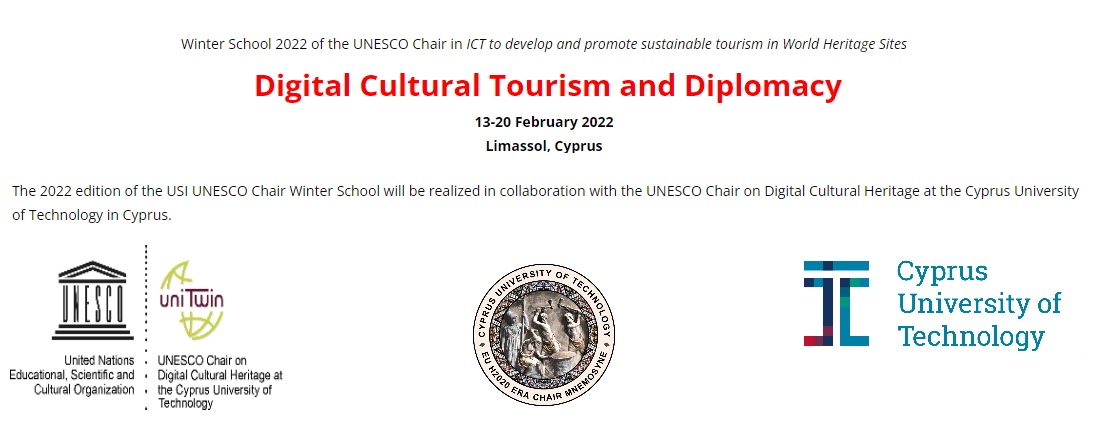
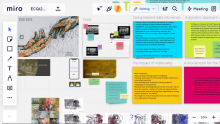
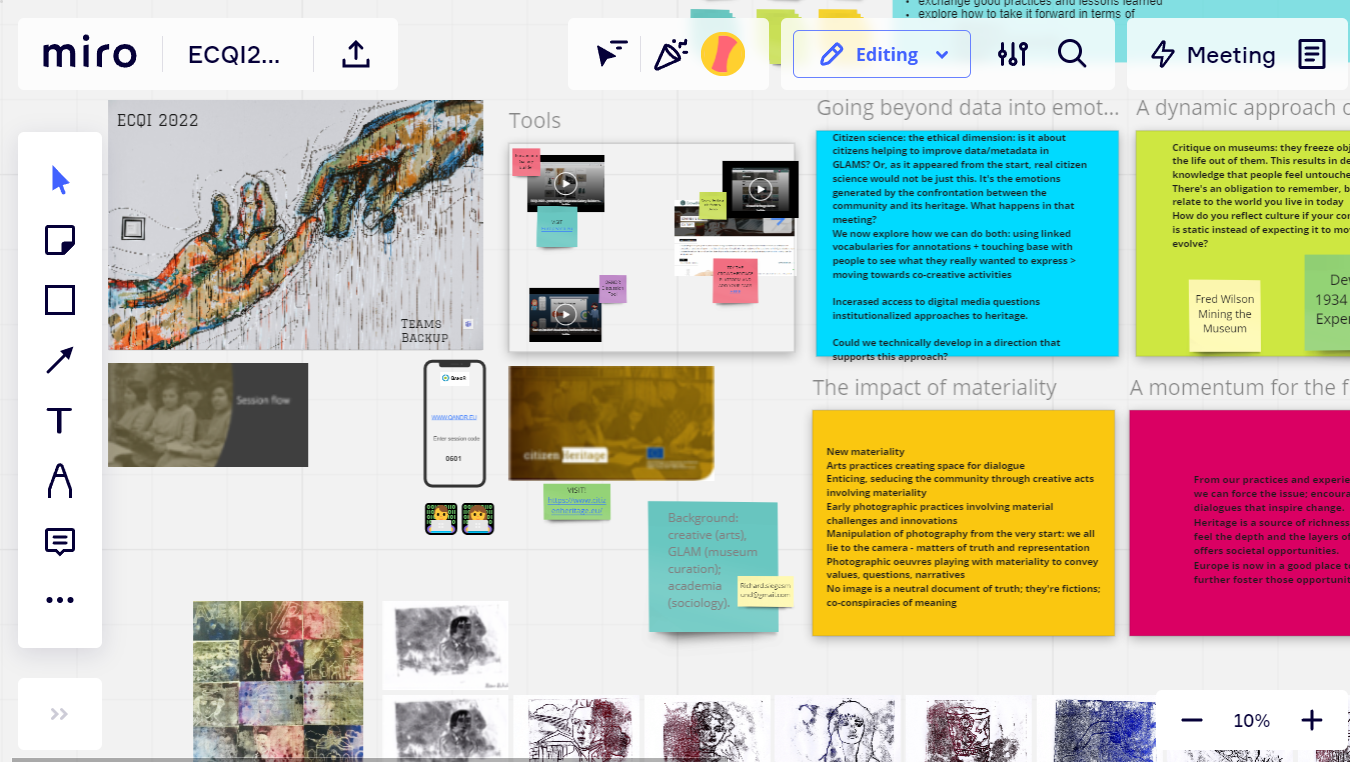
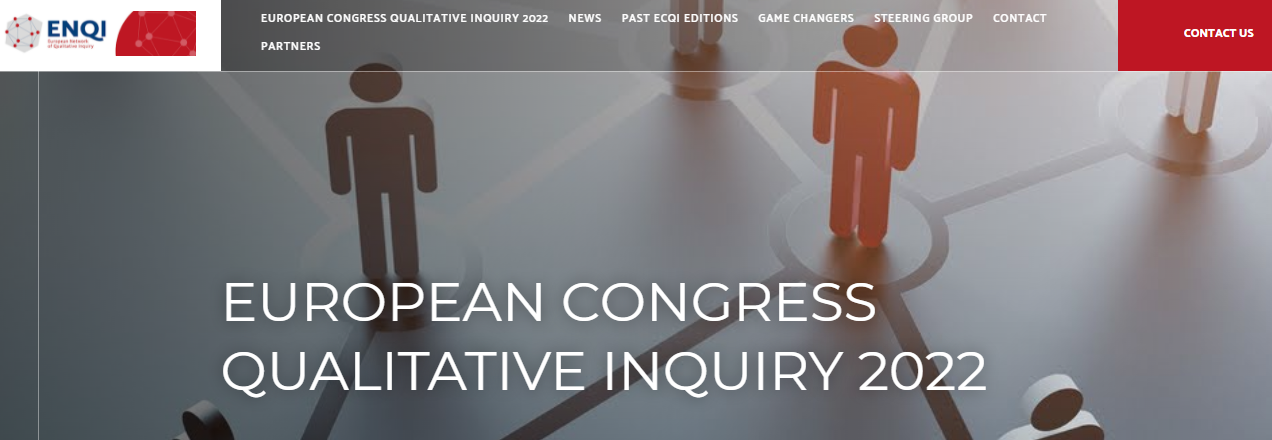
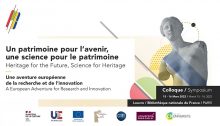
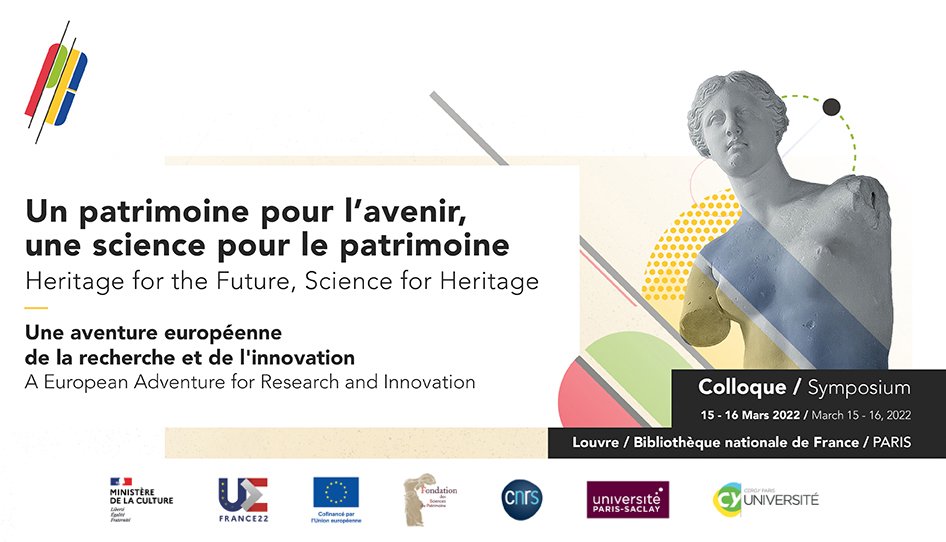 Heritage science brings together the human, social, fundamental, digital, and engineering sciences and deals with the study of cultural heritage, contributing to the identification, understanding, preservation, restoration, and transmission of cultural heritage, be it tangible, intangible, natural or digital.
Heritage science brings together the human, social, fundamental, digital, and engineering sciences and deals with the study of cultural heritage, contributing to the identification, understanding, preservation, restoration, and transmission of cultural heritage, be it tangible, intangible, natural or digital.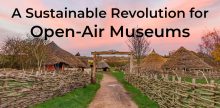
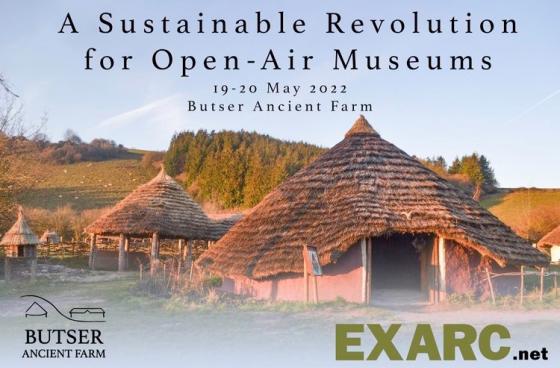 The second call for papers was launched by Exarc for the conference “A Sustainable Revolution for Open-Air Museums” that will be held at Butser Ancient Farm in southern England next 19-20 May 2020.
The second call for papers was launched by Exarc for the conference “A Sustainable Revolution for Open-Air Museums” that will be held at Butser Ancient Farm in southern England next 19-20 May 2020. If you have interesting news and events to point out in the field of digital cultural heritage, we are waiting for your contribution.
If you have interesting news and events to point out in the field of digital cultural heritage, we are waiting for your contribution.





